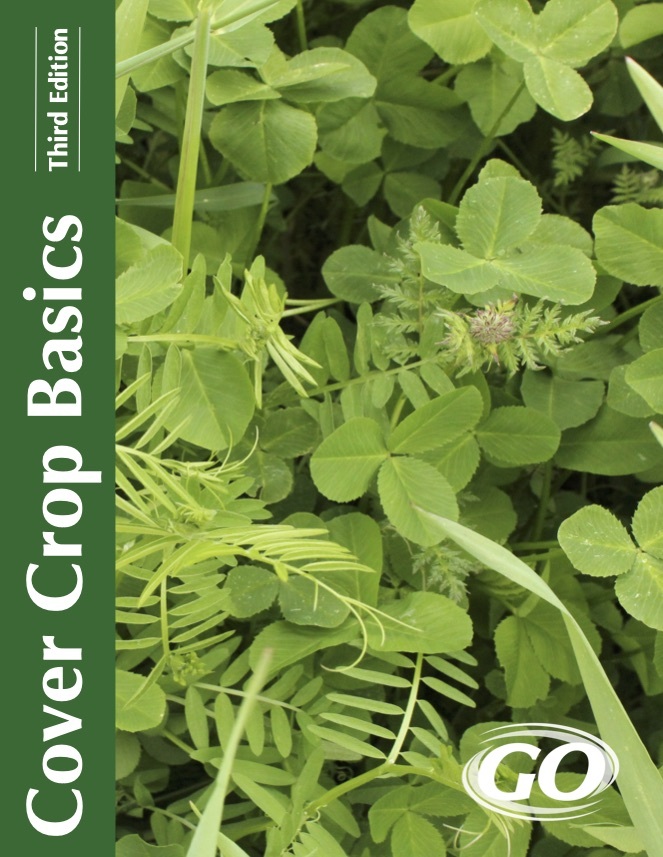Within potato production systems, numerous soilborne diseases are persistent and cause recurrent problems, including reducing plant growth and vigor, lowering tuber quality, and reducing yield. Crops in the Brassicaceae family produce sulfur compounds that break down to produce isothiocyanates that are toxic to many soil organisms as part of a process referred to as biofumigation. Use of these plants as rotation, cover, or green manure crops has been observed to reduce soilborne diseases or populations of fungal pathogens and nematodes, and to improve soil c-haracteristics and crop yield. In this research, we summarize some of the cumulative effects of different 2- year crop rotations on the development of soilborne disease and tuber yield and assess the effects of each rotation with and without the addition of a fall cover crop on soilborne disease, tuber yield, and soil microbial communities.


